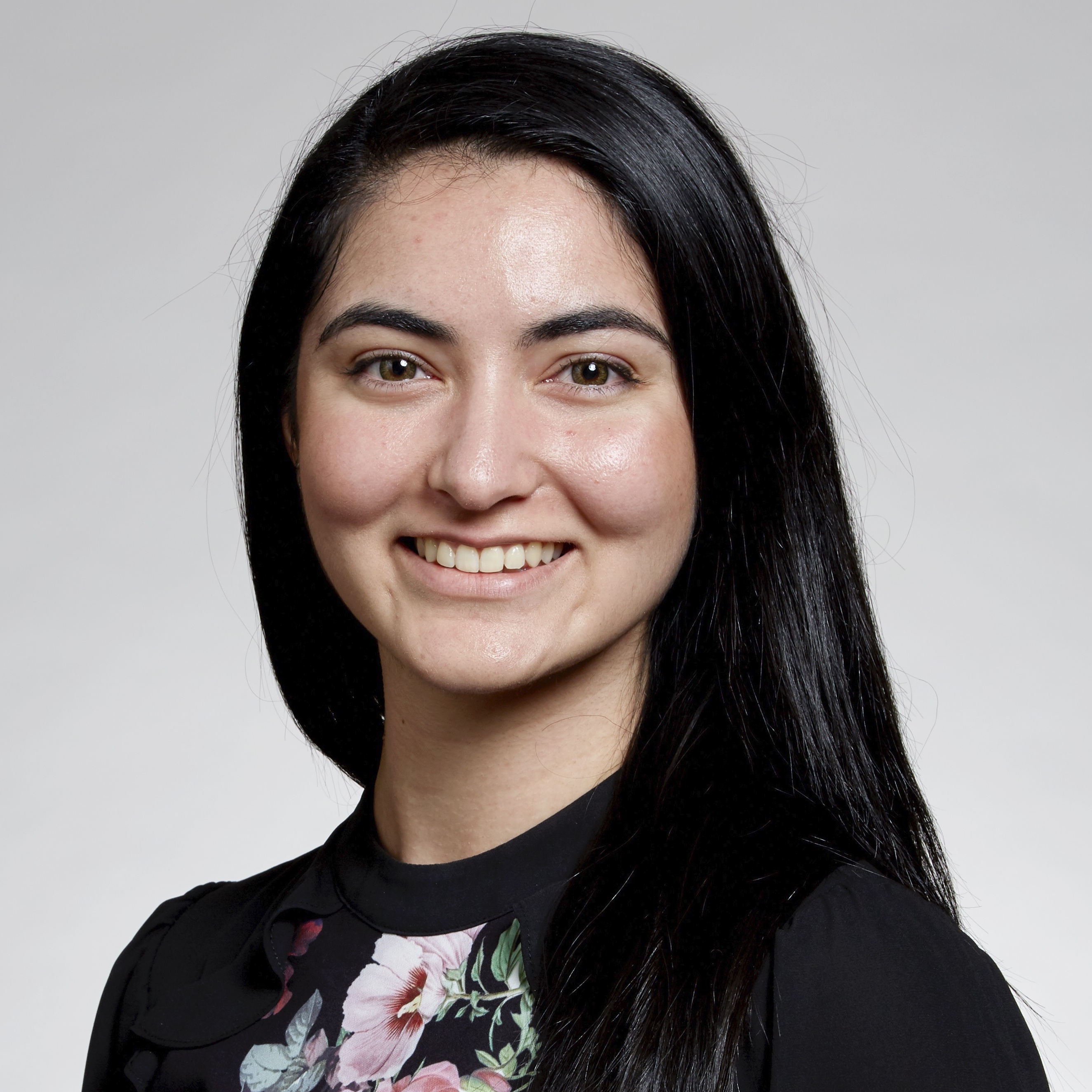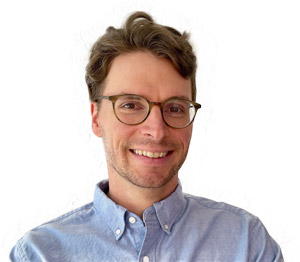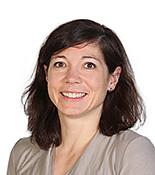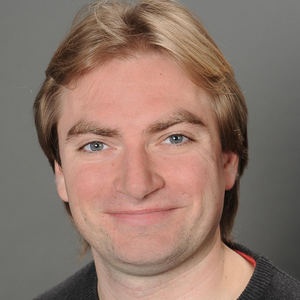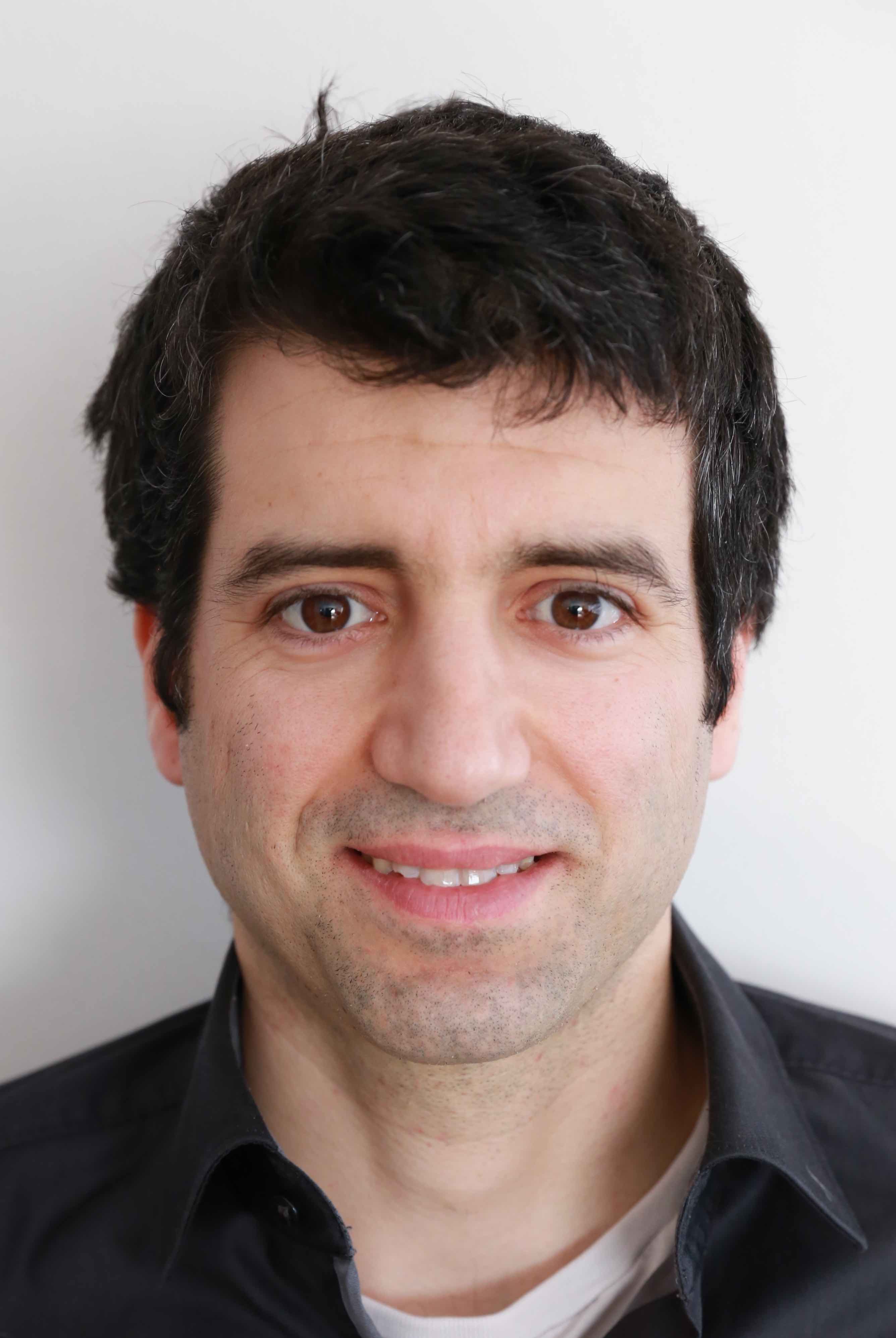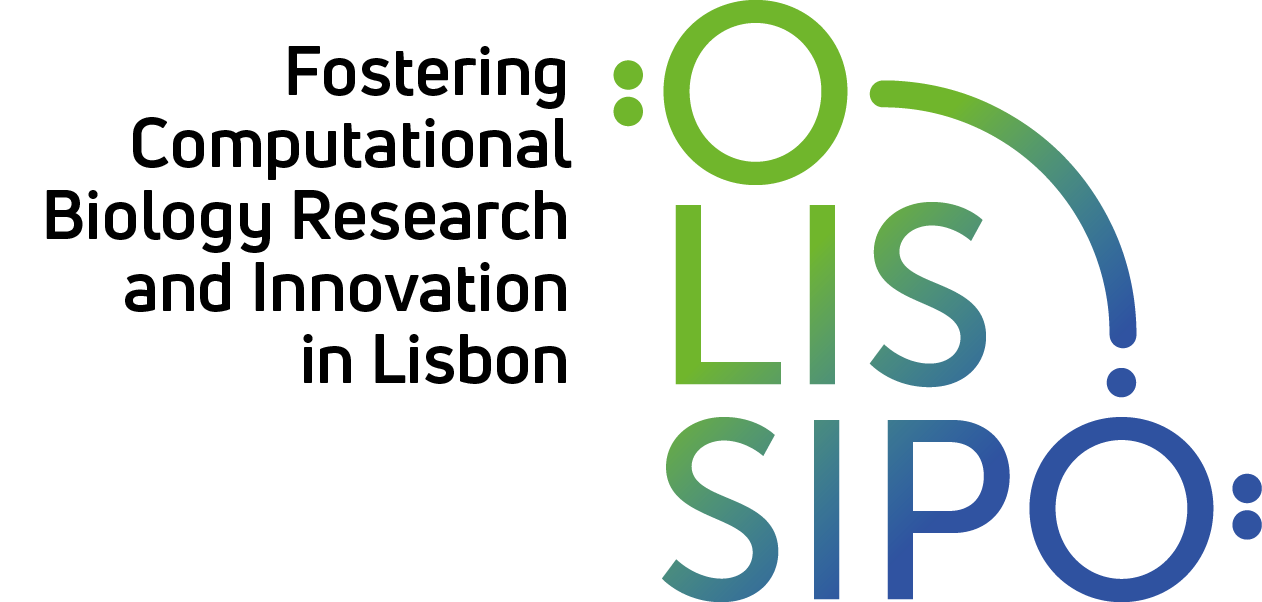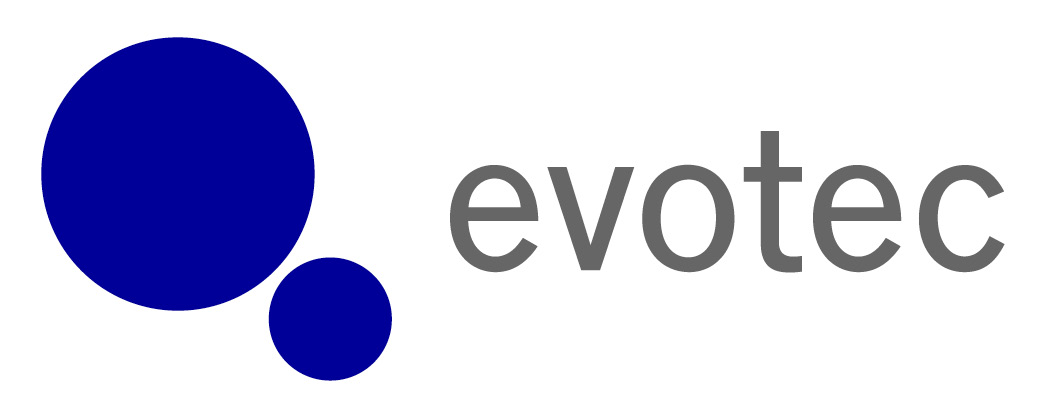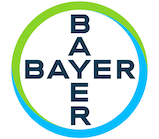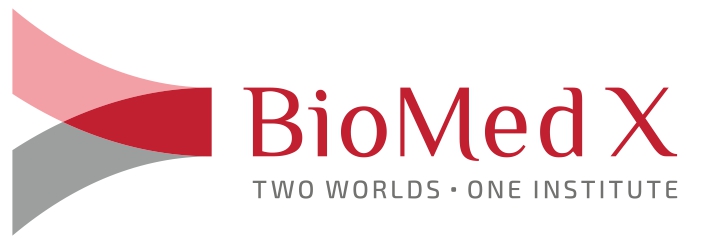EuroBioC 2022 conference, Heidelberg, BioQuant, September 14-16, 2022.
Where Software and Biology Connect
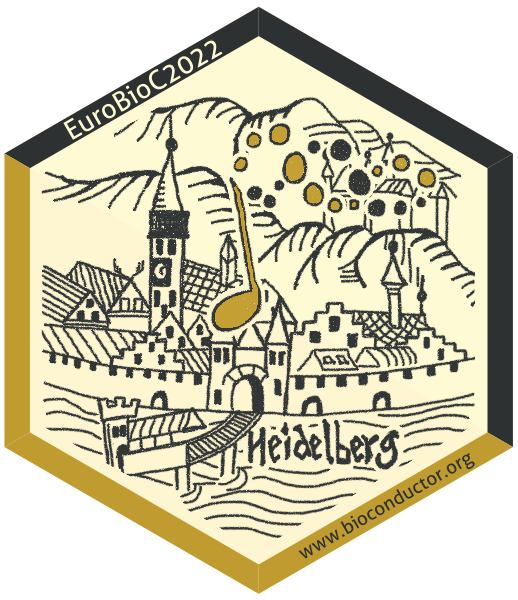
EuroBioC 2022 conference, Heidelberg, BioQuant, September 14-16, 2022.
Current developments within and beyond the Bioconductor project
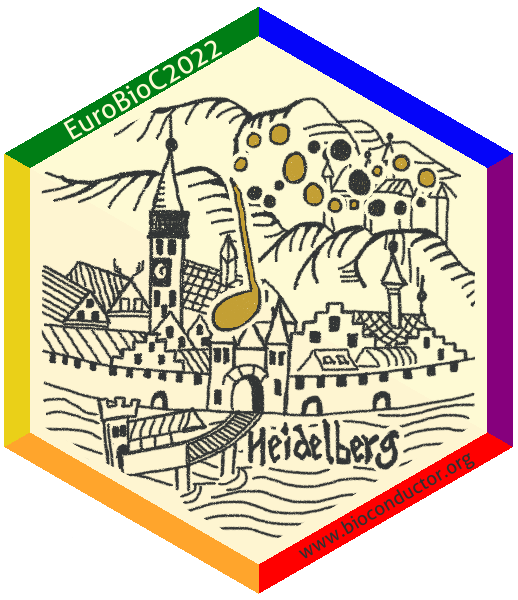
EuroBioC 2022 conference, Heidelberg, BioQuant, September 14-16, 2022.
Workshops, keynote presentations, and more
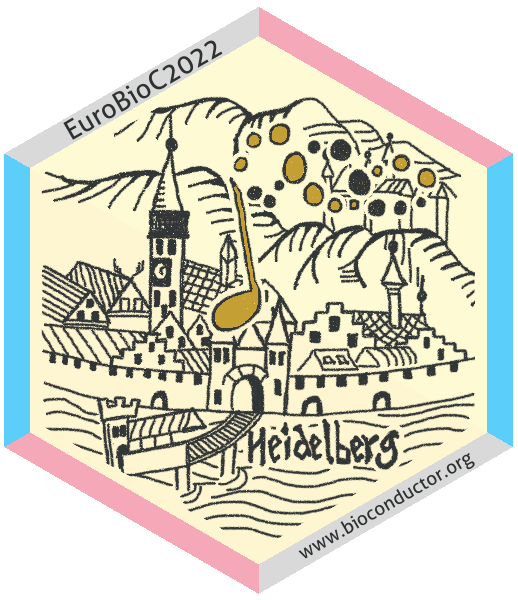
Submission of the Birds-of-a-feather sessions is open! Submit your ideas by September 14.
There will be a physical job board and everyone is welcome to announce jobs and share CVs on that
Venue: Germany, Heidelberg, Center for Quantitative Analysis of Molecular and Cellular Biosystems (BioQuant)
In conjunction with the EuroBioC conference, we are organizing a Carpentries workshop "Introduction to R and Bioconductor" on September 12-13.
Tune in for the EuroBioC2022 live stream on YouTube, starting September 14, 9:15 Central European Summer Time. Check the Bioconductor YouTube channel for up-to-date video recordings.
Ask questions on Slido.com, code 1680070.
.
Key dates |
Tweets by @Bioconductor |
|---|---|
|
Tweets by Bioconductor |

